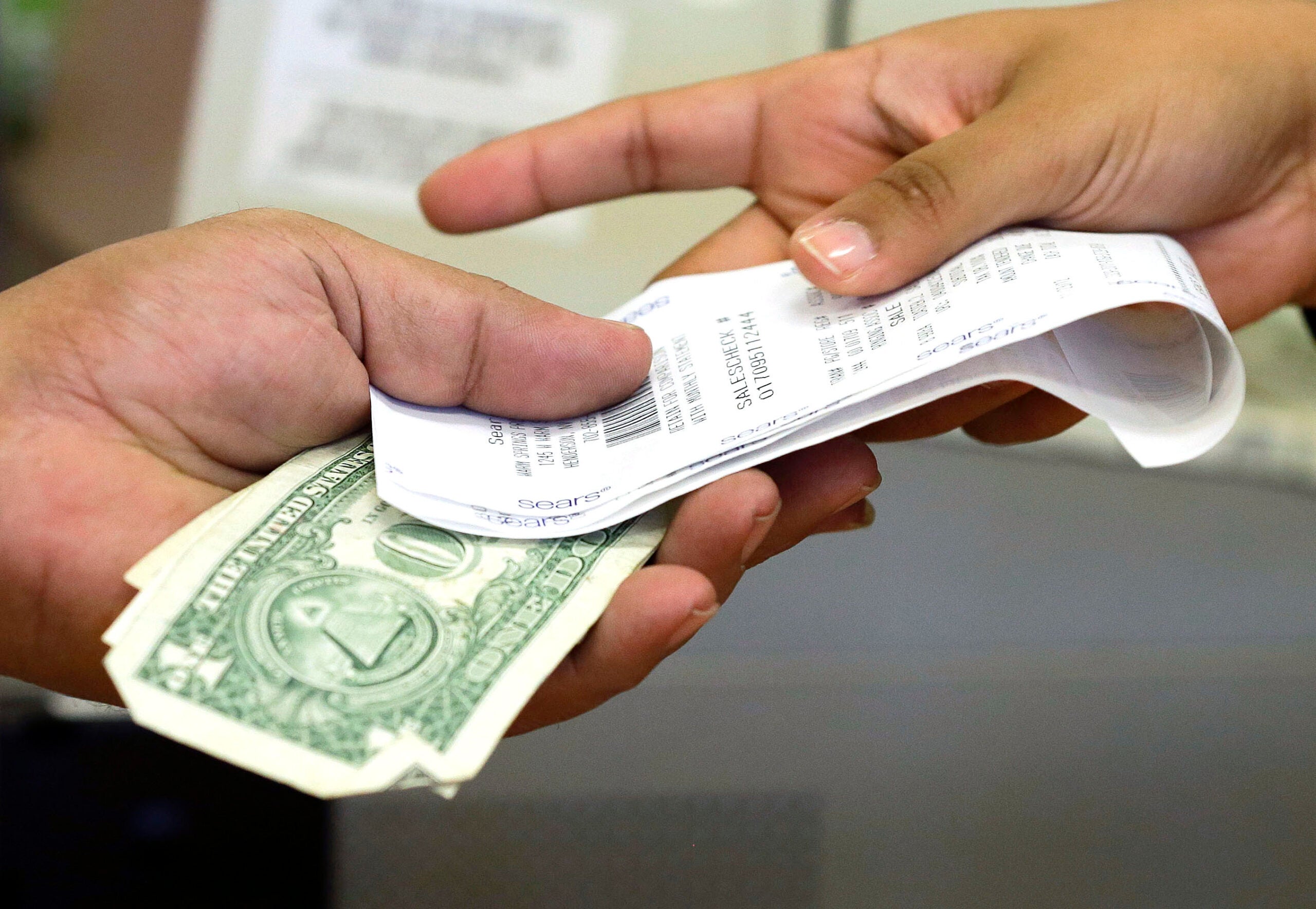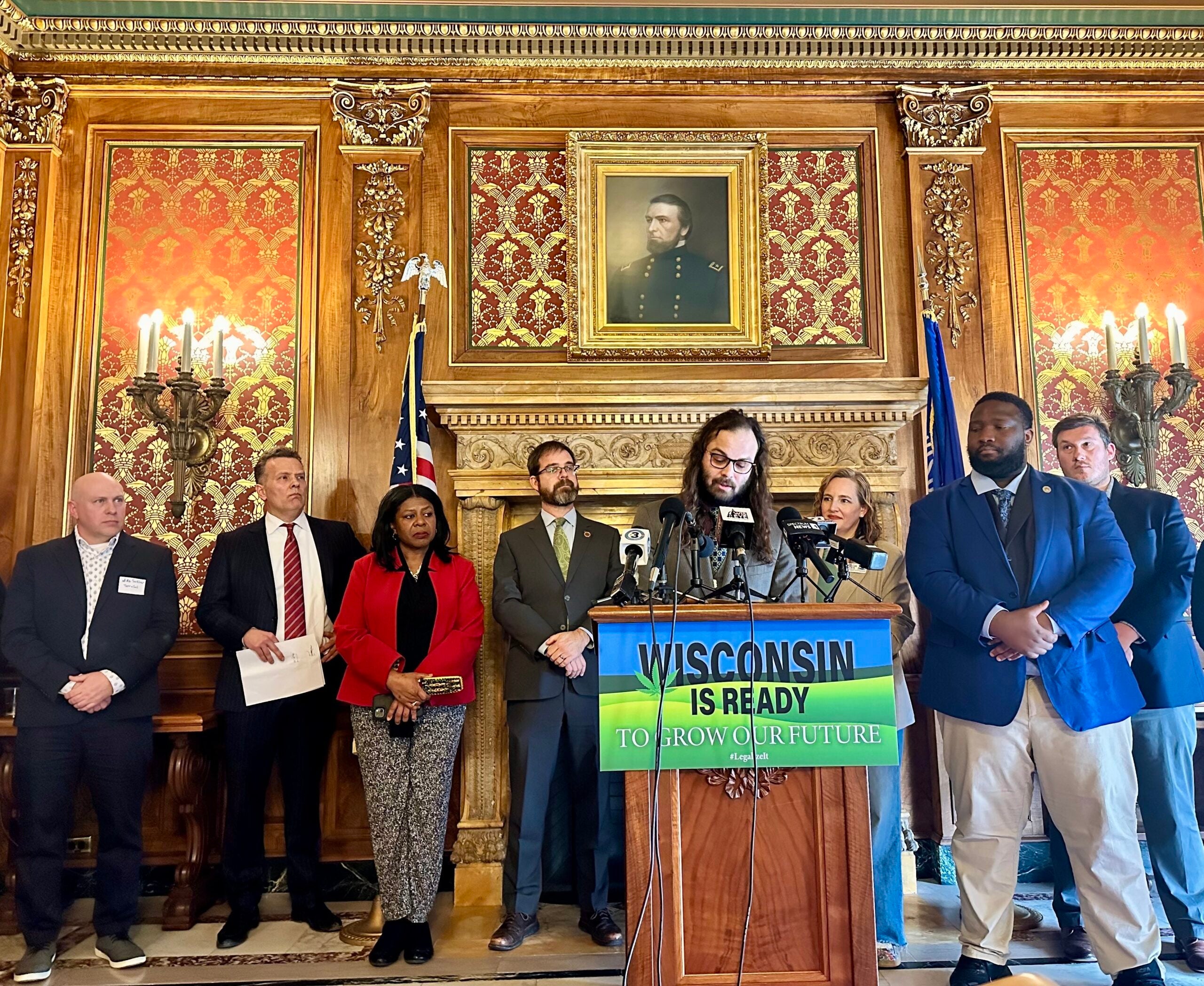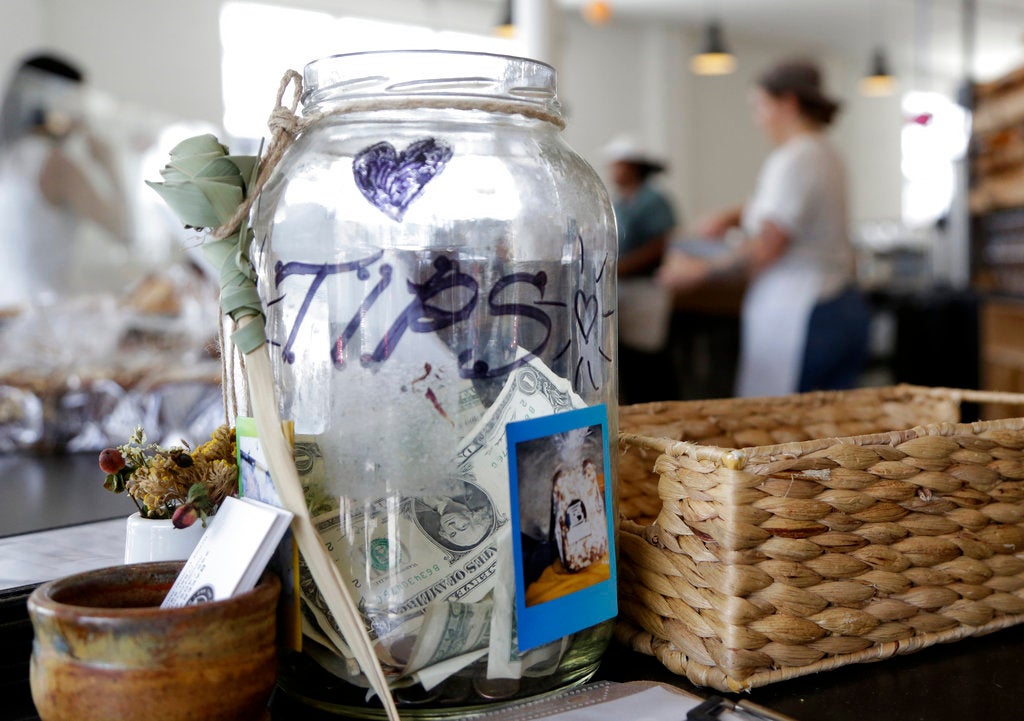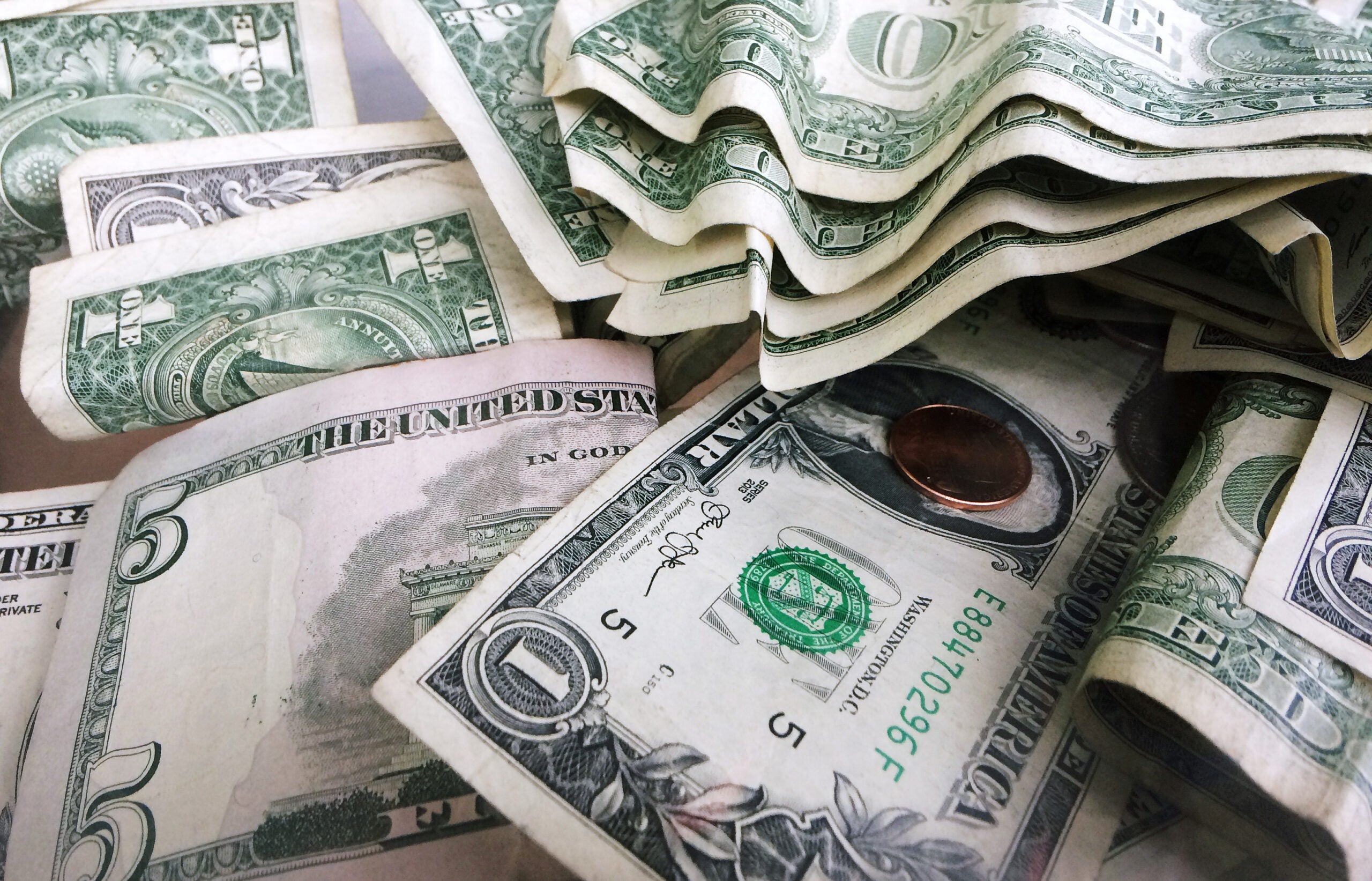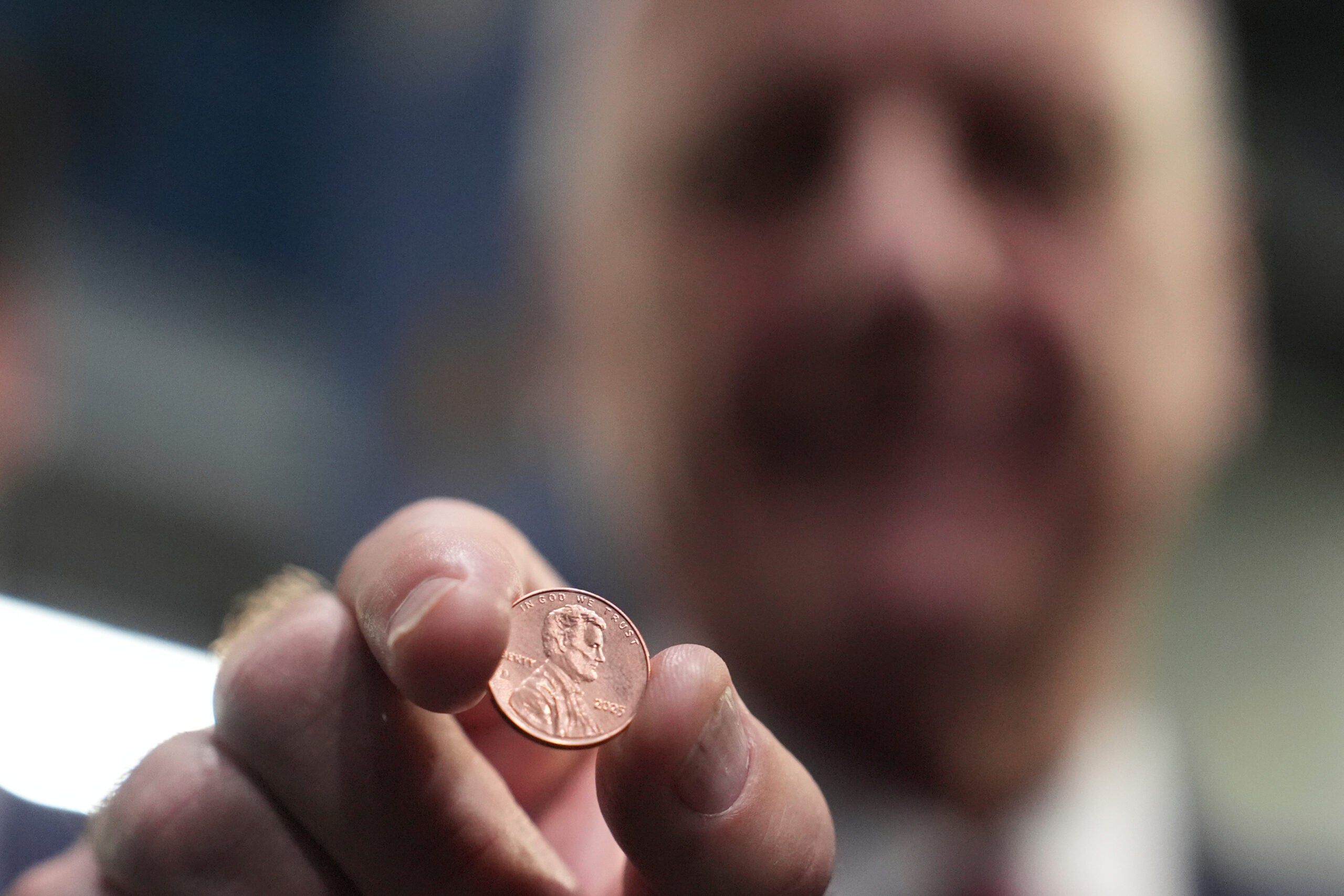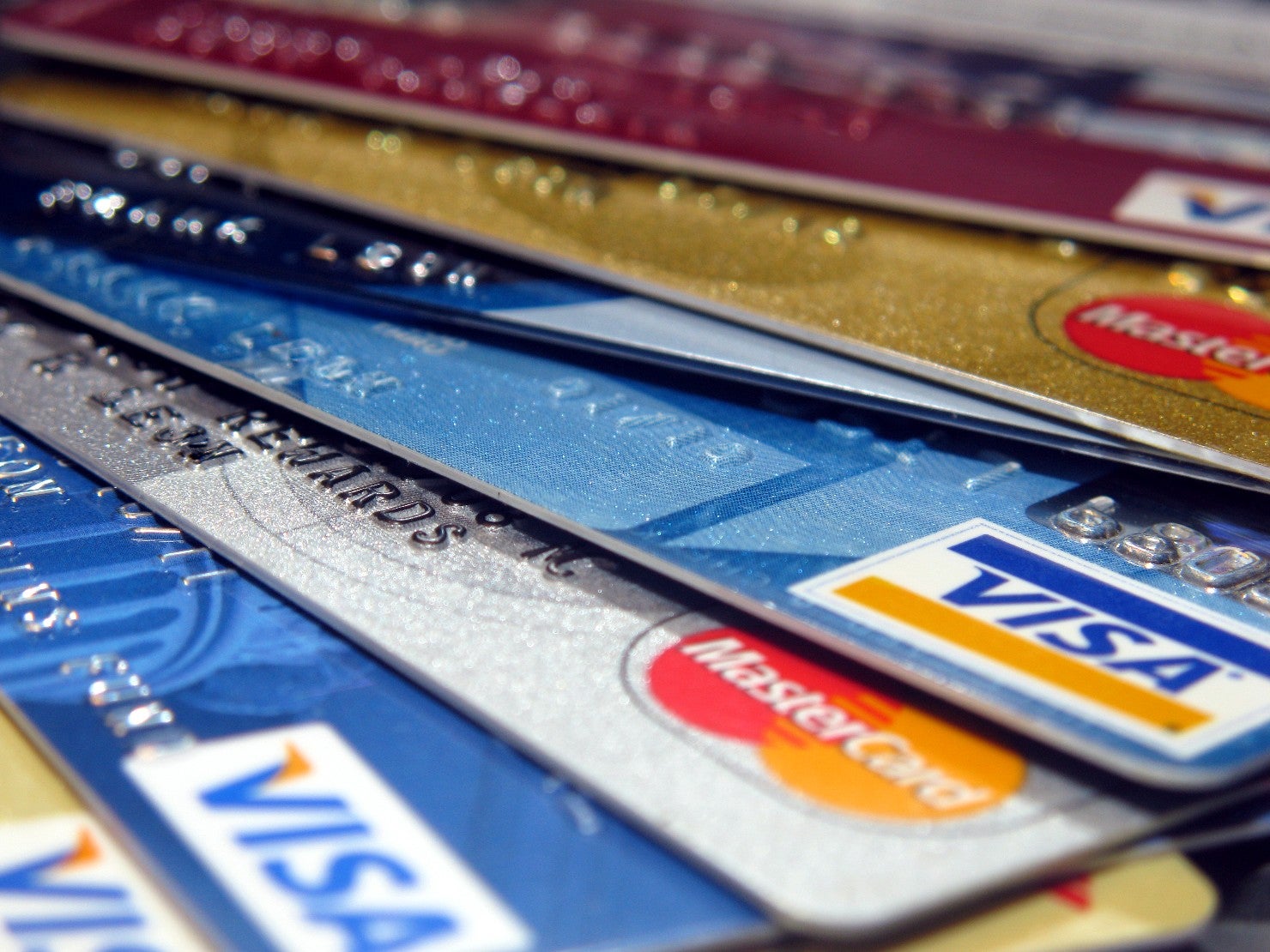Wisconsin businesses would be required to accept cash under a bipartisan proposal in the state Legislature.
The bill would prohibit establishments from being “cashless” for any in-person retail transaction of less than $2,000. Retailers could be fined between $200 and $5,000 if they don’t accept cash as payment.
Mobile payments, self-checkout and gas at the pump would not be subject to the regulation, according to the bill’s co-author, Rep Michael Schraa, R-Oshkosh.
News with a little more humanity
WPR’s “Wisconsin Today” newsletter keeps you connected to the state you love without feeling overwhelmed. No paywall. No agenda. No corporate filter.
At a public hearing on the plan Tuesday, Schraa said people who don’t use credit cards or banks are disenfranchised at establishments — including Lambeau Field — that don’t take cash. He also argued that moving away from cash encourages people to incur credit card debt.
“I go back to what’s written on every single dollar bill: ‘This note (is) legal tender for all debts, public and private,’” he said. “It is Wisconsinites who should make the choice to use paper money or plastic cards and not businesses.”
According to the Pew Research Center, use of cash is on the decline. About 41 percent of Americans use no cash for purchases in a typical week, up from 24 percent in 2015. Some small businesses argue that declining to use cash is safer and lowers labor costs.
But opponents of entirely cashless businesses say that they disenfranchise people who don’t use banks, including young people, certain religious communities and low-income people.
According to the Federal Deposit Insurance Corporation, an estimated 4.5 percent of American households are “unbanked,” meaning that no one living there has a checking or savings account at a bank or credit union. Older people and low-income people are more likely to use cash, according to Gallup.
Philadelphia, New York and Washington, D.C. have implemented similar bans on cashless establishments.
Two Milwaukee Democrats have so far signed onto Schraa’s bill and the city of Milwaukee has registered in support.
Wisconsin Public Radio, © Copyright 2026, Board of Regents of the University of Wisconsin System and Wisconsin Educational Communications Board.

